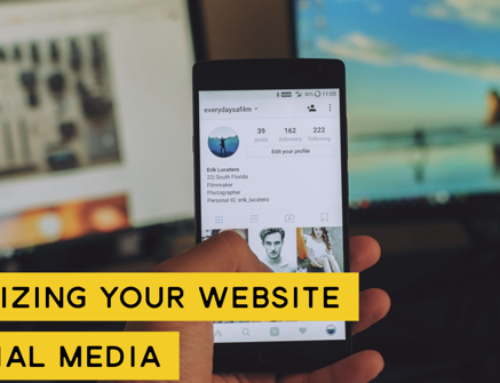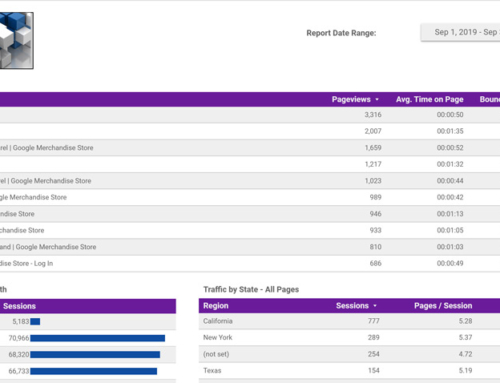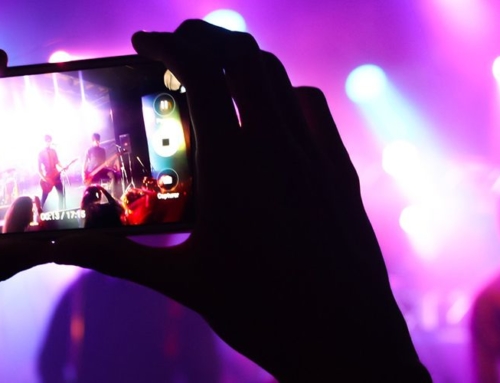“There is no intellectual or emotional substitute for the authentic, the original, the unique masterpiece.” – Paul Mellon
Before Internet access became prevalent, information shared was primarily through print, television and radio marketing. This made it easy for brands to control the perception of their products and services, and some companies took advantage of this through what is essentially false advertising. For example, when the medical community became concerned with the health risks associated with smoking, cigarette companies responded by having other health experts tout benefits of smoking such as improving digestion or protecting the lining of the throat. With the greater access to information sharing, brands have accepted they must ensure the messages delivered are as truthful as possible.
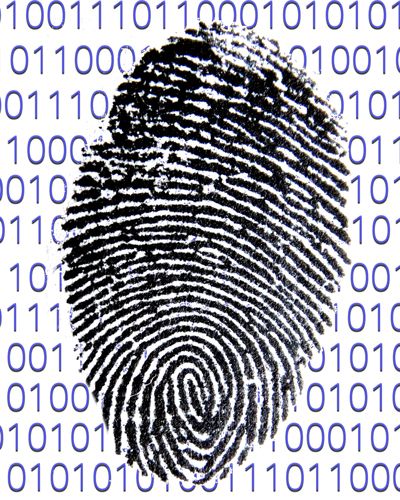 Being authentic has always been a concern for brands. In the past, the brand told the consumer what made them authentic, but now the consumer decides what is authentic. It’s difficult for consumers to believe that a petroleum company’s products are environmentally friendly after an offshore platform goes up in flames. On the other hand, consumers might question the eco-friendliness of 115-ft wind turbine blades being towed across the country by fossil fuel-burning 18-wheelers to their destination on 200-ft towers. And then there are those wind-turbines catching fire dripping flaming oil from the generators or the stories of the bird fatalities.
Being authentic has always been a concern for brands. In the past, the brand told the consumer what made them authentic, but now the consumer decides what is authentic. It’s difficult for consumers to believe that a petroleum company’s products are environmentally friendly after an offshore platform goes up in flames. On the other hand, consumers might question the eco-friendliness of 115-ft wind turbine blades being towed across the country by fossil fuel-burning 18-wheelers to their destination on 200-ft towers. And then there are those wind-turbines catching fire dripping flaming oil from the generators or the stories of the bird fatalities.
We have moved from push-marketing to socially-driven marketing. Gone are the days where people purchased because of a TV commercial or from a magazine or Internet-based ad. Many tend to mute the TV or change channels during commercial breaks. Whenever possible, many of us use an ad-blocker in web browsers; nothing says “we don’t want you to read the content you just selected” like a full-screen pop-up advertisement.
Sales happen more often because someone recommends a product and/or brand to someone else either through direct contact or product reviews. How many times have you been fighting Windows and someone says “You should try Apple”? Which do you rely on more when making a purchase – personal recommendations, product descriptions or product reviews?
What is digital authenticity?
Being authentic is being real or genuine, true and consistent. It’s no longer good enough to say that “It’s the Real Thing”. You must BE the real thing to be authentic. Coca-Cola hasn’t even used the word “real” in its taglines since 2006.[1] Still, many Americans continue to relate “It’s the real thing” with the Coca-Cola brand.
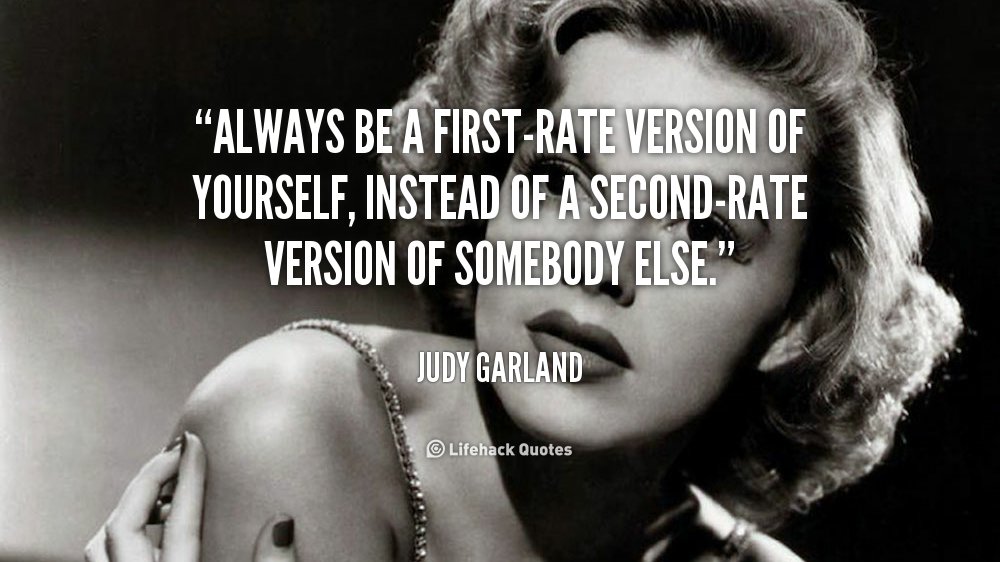
Be genuine
We’ve all heard the phrase “I’m going to put on my mask” or a variation of that. Dove defines themselves as providing products to make you feel beautiful and their “Campaign for Real Beauty”[2] is a great example of being genuine by shifting the focus of beauty products to real-life versions of beauty to build women’s self-esteem and to support women in general. Genuinely helping women love their genuine selves. We’ve all heard of products to fix or hide “flaws” and “imperfections, but Dove helps you feel good about the real you.
Be unique
Know who you are and don’t be pressured into changing. Take for example The Heart Attack Grill, which is unapologetically offensive by providing bad-for-you food such as the Single, Double, Triple and Quadruple (nearly 10,000 calories) Bypass hamburgers. If you weigh over 350 pounds, you can eat for free. The founder’s intent was to serve “food so bad for you, it’s shocking”.
Source: https://en.wikipedia.org/wiki/Heart_Attack_Grill
Be consistent
Being consistent means always acting or behaving in the same way. This is true for the way your brand interacts with your customers as well as with your employees. Brands that deliver consistent messages can more easily manage perceptions, reduce or eliminate confusion about the brand, and can leverage previous successes. If you’ve ever seen a car on the freeway riding on a spare “donut” tire, you’ll easily understand the discomfort and concern this causes the driver and the other drivers around them. Similarly, if your brand messaging, service or product quality fluctuates, people will notice. Repeat visits to restaurants are driven by knowing that the food, service atmosphere and cost will be the same as the previous enjoyable visit.
“Whatever you are, be a good one.” – Abraham Lincoln
It is vital to any brand that they accept that not everyone will be happy with the products or services. Think of some food you love and you can very likely name someone who doesn’t like it at all. There is nothing wrong with either. It’s just that different people have different preferences. To be authentic, you must be yourself and deliver the consistent messages, products and services that align with the vision you have for your brand. This is as true for individuals as it is for brands.
[1] 130 Years of Coke Taglines, Advertising Age, January 20, 2016.
[2] Dove campaigns: http://www.dove.com/us/en/stories/campaigns.html


